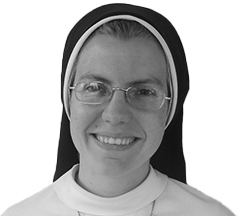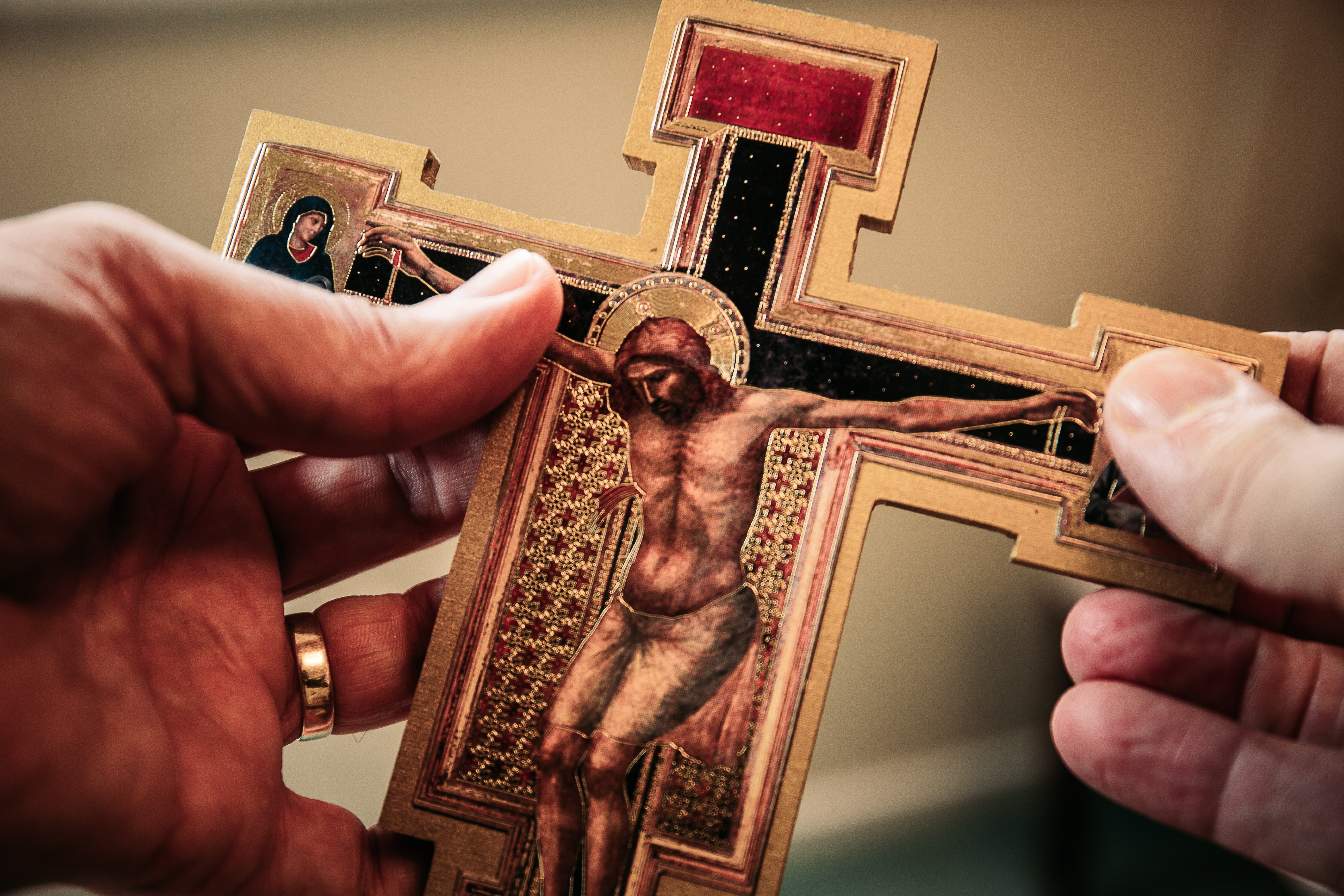Recently, a priest visiting the convent preached on the Scripture, “Be perfect as your heavenly Father is perfect” (Matthew 5:48). Father made the point that “perfect” does not mean what we often think of when we hear the word; it does not mean without any flaws or mistakes. Looking at the origin of the word, we see a meaning more along the lines of, “how you were made to be.”
Father elaborated by telling the story of a Navy SEAL during training. Those who “made it,” Father pointed out, were not those who had every bit of their uniform “perfect,” but those who recognized that they belonged and were wanted in this brotherhood despite their human imperfections.
I have met several people who identify themselves as “perfectionists,” as though this were something to be desired. In fact, their goal seems to be to make no mistakes and to have their lives completely tidy. Rather than seeing this attitude as the ball and chain that it is, they seem proud that they are so hard on themselves. But this slavery to a flawless life is not what Jesus means when He commands us to “be perfect.” In fact, it effects the opposite, blocking our freedom to become the persons He made us to be.
As a teacher, I often encounter children who struggle with perfectionism. These students never see themselves as “good enough,” no matter how hard they try or how high their grades are. They do not realize that, in a fallen world, it is impossible to reach the kind of perfection they deem necessary. And unfortunately, many of these students think of themselves as unlovable, because they understand love as a reward for performance, rather than as an unconditional gift.
But God’s ways are high above our ways (cf. Isaiah 55:9). He sees us as we are, with all our flaws, brokenness, even sin; nothing is hidden from Him. And yet, His love for us is not based on our goodness or effort or ability to “get it right.” Rather, His love for us comes from Him, for He Himself is love. He pours this love — which is Himself — upon us unconditionally, freely, without reserve. And He created us to share in this love forever. Thus, to “be perfect as your heavenly Father is perfect,” being the persons we were made to be, means allowing ourselves to be loved, utterly and completely, by Him. This is holiness; this is what it is to be a saint. The heroic virtue of the saints comes from their acceptance of God’s love for them as they are, which then transforms them, not from a transformed and perfect life that then earns God’s love.
There is absolutely nothing we can do to earn God’s love or to cause Him to love us more, because His love is a freely given gift. Let us choose to see ourselves as He see us. Let us let Him love us as we are, making no pretenses of flawlessness before Him. Let us find our identity in the fact that we are loved by God.
Sr. Mary Martha Becnel is a member of the Ann Arbor-based Dominican Sisters of Mary, Mother of the Eucharist.










